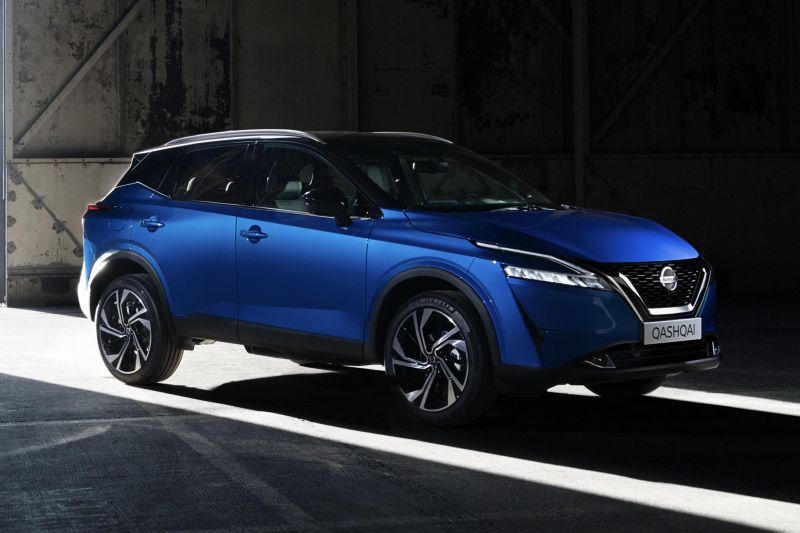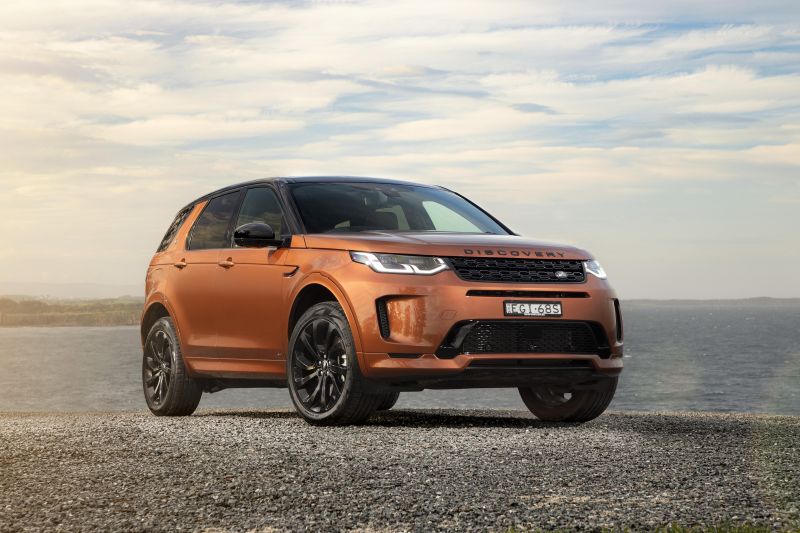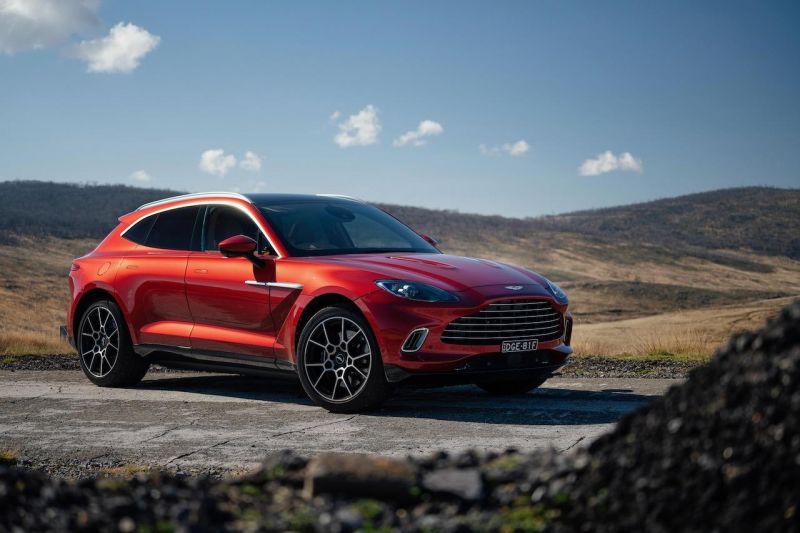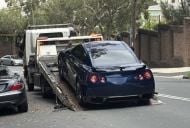Australian Prime Minister Scott Morrison and his UK counterpart Boris Johnson this week agreed on the “broad outlines” of a free-trade agreement (FTA) between the two nations.
As such the existing 5.0 per cent tariff on UK-made cars will be removed once the FTA has been passed through both parliaments, easing some cost pressures on various vehicles sold in Australia and imported from English factories.
While Australia no longer has a local car-making industry to protect with these tariffs, they have lingered nevertheless – perhaps as bargaining chips in FTA negotiations as well as revenue-drivers.
Vehicles sold in Australia sourced from the UK include Nissans (Leaf, Juke and Qashqai), Jaguars (F-Pace, XE and XF), Land Rovers (Discovery Sport, Range Rover Evoque, Range Rover Velar, Range Rover Sport, and Range Rover), Minis (Hatch and Clubman), and luxury products from Aston Martin, Bentley, Lotus and Rolls-Royce.
Industry data shows that the UK is only Australia’s seventh largest source of cars in 2021, with 9733 units sold this year (up 25 per cent).
It sits behind Japan, Thailand, Korea, China, Germany and the USA – with only Germany from this list not subject to another FTA with Australia.
“The FTA is the right deal for Australia and the United Kingdom, with greater access to a range of high-quality products made in both countries as well as greater access for businesses and workers, all of which will drive economic growth and job creation in both countries,” said a statement from the Minister for Trade Tourism and Investment Dan Tehan MP.
“Australian consumers will benefit from cheaper products, with all tariffs eliminated within five years, and tariffs on cars, whisky, and the UK’s other main exports eliminated immediately.”
The agreement for an Australia-UK FTA potentially foreshadows the long-awaited FTA between Australia and the European Union, though we understand any such deal would likely need a side letter with a plan to remove the Luxury Car Tax (LCT) and to potentially reform the Australian Design Rules process to better match those in Europe.






